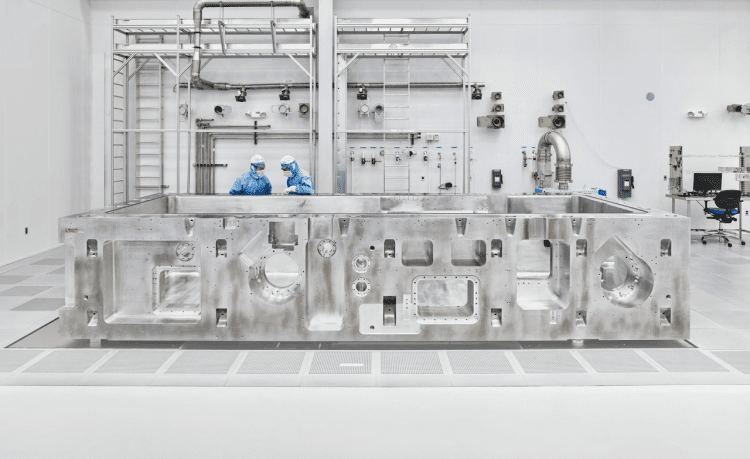I’ve combed the internet to find you today’s most fun/important/scary/fascinating stories about technology.
1 Big Tech wants to kill the leap second
The extra time has triggered internet outages and disturbances, they claim. (CNET)
2 QAnon ideology is thriving in the primaries
But savvy Republicans are avoiding explicitly outing themselves as believers. (NYT $)
+ Donald Trump refused to read lines condemning the Capitol rioters during a speech. (Reuters)
+ Pennsylvania’s Democratic candidate’s social media game is exceptional. (The Guardian)
3 Venture capitalists are set to invest a record sum in crypto
Completely unfazed by the past six months, then. (Reuters)
+ Hacked crypto platforms are pleading with thieves to return part of their haul. (WSJ $)
4America’s pedestrians are in real danger
Roads built purely for vehicles are threatening the lives of humans trying to cross them. (Vox)
+ London is experimenting with traffic lights that put pedestrians first. (MIT Technology Review)
5 Facebook is even worse without news
Pulling the plug on articles leaves the platform looking like a content graveyard. (The Atlantic)
+ Its failure to curb hate speech is continuing to fuel violence in Ethiopia. (Insider)
+ Meta’s insistence in copying TikTok is getting a bit embarrassing. (Axios)
+ Instagram’s makeover hasn’t gone down well with users either. (TechCrunch)
6 Algorithms are warping our sense of style
Fueling a flat, generic taste designed to appeal to everyone, yet no one. (New Yorker $)
+ We’re contending with pricing algorithms designed to squeeze us for every penny, too. (NPR)
7 Roblox bent over backwards to appease Chinese censors
And even that didn’t stop it from having to shut down there after just a few months. (Motherboard)
+ Chinese gamers are using a Steam wallpaper app to get porn past the censors. (MIT Technology Review)
8 Inside the ongoing war over lending digital books
Physical libraries are being dragged into debates over copyright law. (WP $)
9 Tech entrepreneurs are selling shares in their lives
Because, why not? (New Yorker $)
10 Brace yourself for the return of the Glasshole
Companies are desperate to sell us smart glasses—but do we actually want them? (The Verge)
+ Why Facebook is using Ray-Ban to stake a claim on our faces. (MIT Technology Review)
Quote of the day
“Where will it go next? Good luck out there, little bag.”
—Finbarr Taylor, whose suitcase went AWOL during a flight from California to Glasgow, mournfully follows his bag’s journey across the world courtesy of an Apple AirTag tracker, reports Bloomberg.
The big story
Inside the machine that saved Moore’s Law
October 2021
In Wilton, Connecticut, Dutch company ASML is making the world’s most sophisticated machine for lithography—a crucial process used to create the transistors, wires, and other essential components of microchips. The team’s speed and accuracy is key to keeping up with Moore’s Law—the observation that the number of transistors crammed into a microchip doubles roughly every two years as components become ever smaller, making the chips cheaper and more powerful.
It took ASML $9 billion of R&D and 17 years of research to refine its industry-leading extreme ultraviolet (EUV) microchip machine. But the effort and time it took to make it happen raises some inevitable questions. How long will EUV be able to keep Moore’s Law going? And what will happen next? Read the full story.
Source by www.technologyreview.com


